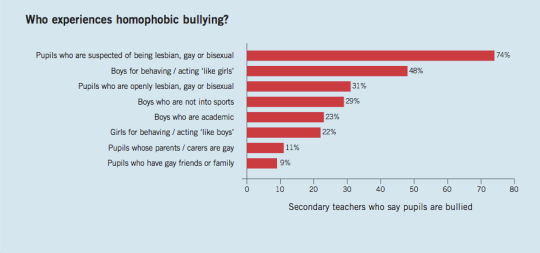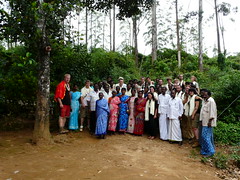Positive Young People
I’ve been to two events recently that continue to highlight for me the benefits of universal youth services for young people and their involvement in delivering them.
 The first was the wonderful day in London at the Houses of Parliment where young people and organisations were recognised for the effort they had put into the recent youth elections. As readers of this blog will know, in March this year, 20,088 young people voted in countywide elections for the current 48 members of the West Sussex Youth Cabinet and four Youth MPs.
The first was the wonderful day in London at the Houses of Parliment where young people and organisations were recognised for the effort they had put into the recent youth elections. As readers of this blog will know, in March this year, 20,088 young people voted in countywide elections for the current 48 members of the West Sussex Youth Cabinet and four Youth MPs.
There are three levels of Democracy Award: Bronze (for at least 50 percent voter turnout), Silver (70 percent), and Gold (90 percent). A record-breaking number of awards were given out this year to 23 schools, colleges, special schools, a middle school and youth organisations across West Sussex. Young people from each of the organisations stood up and spoke about how they had run the elections in their area. What struck me was the extent in which they had used social media and networks to get the information out and share with their friends in their areas. Some groups had organised hustings, others voted in specifc classes. A number of innovation awards were also given for use of pictorial election ballots different ways of promoting the elections.
I’ll talk more about the next event in my next post.

 I was in London yesterday at the Stonewall
I was in London yesterday at the Stonewall 


 This will be a 3-week experience delivered by
This will be a 3-week experience delivered by 



